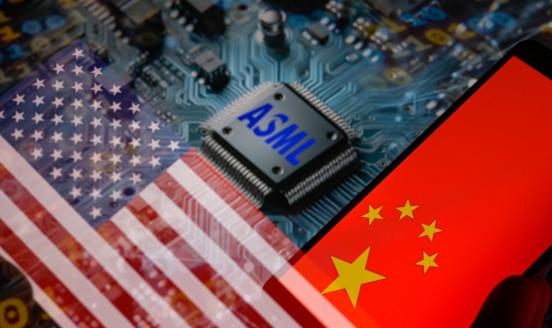China and the world trade organisation: towards a better fit
China’s participation in the WTO has been anything but smooth, as its self-proclaimed socialist market economy system has alienated its trading partne

China’s accession to the World Trade Organisation in 2001 was hailed as the natural conclusion of a long march that started with the reforms of Deng Xiaoping in the 1970s. However, China’s participation in the WTO has been anything but smooth. Its self-proclaimed socialist market economy system has alienated its trading partners. Two diametrically opposite approaches have been proposed to deal with the emerging problems. One is to demand that China changes its economic regime. The other is to stay idle and accept that the WTO must accommodate different economic regimes, no matter how idiosyncratic. In this paper, we argue that there is a more promising third way. In our view, the problems posed by China arise from the fact that, while in the past the GATT/WTO had to address the accession of socialist countries or of big trading nations, it never had to deal with a big, socialist country like China. In order to retain its principles while accommodating China, the WTO needs to translate some of its implicit legal understanding into explicit treaty language. We advance specific proposals to this effect.



